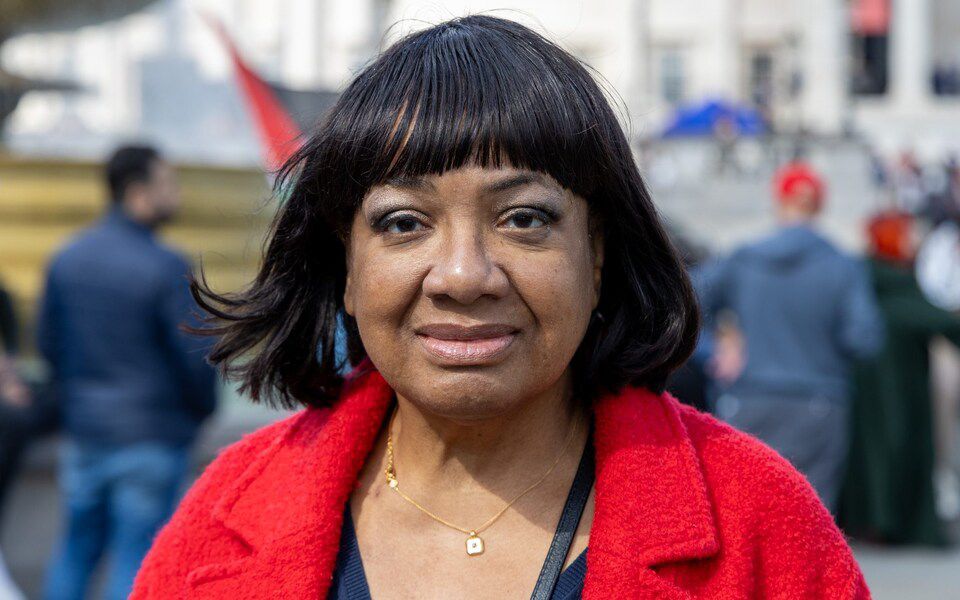Diane Abbott is once again at the centre of controversy after repeating claims that Jewish and Traveller communities experience racism differently from black people, prompting Labour to consider a renewed suspension.
In a recent interview on BBC Radio 4’s Reflections programme, the veteran Labour MP defended her previously condemned remarks, saying it was silly to equate racism based on skin colour with the discrimination faced by Jews and Travellers.
“There must be a difference between racist, which is about colour and other types of racism,” she said. “You can see a black person walking down the street… You can spot that person of colour from hundreds of yards away. That is what is different.”
Abbott, the UK’s longest-serving female MP and known as the “Mother of the House,” had originally made similar comments in a 2023 letter to The Observer, in which she argued that Jewish, Irish, and Traveller people did not face lifelong racism in the same way as black communities. That letter sparked widespread criticism and led to her suspension from Labour for over a year. At the time, she issued a full apology, saying she “wholly and unreservedly” withdrew the remarks.
However, her latest defence of the original comments has reignited backlash. A Labour spokesperson said the party is taking her remarks incredibly seriously and will review them under party disciplinary procedures. “There is no place for antisemitism in the Labour Party,” the statement added.
Abbott, however, pushed back against accusations of antisemitism, insisting she has spent her life fighting racism in all forms. “I get a bit weary of people trying to label me as antisemitic,” she said. “It’s just not true.”
She also hinted at internal efforts to remove her from the party, claiming, “In 2023, they were trying to get me out.”
Abbott’s original letter had criticised a piece by writer Tomiwa Owolade, which cited research suggesting Jewish people are among the most likely to report experiences of racism. In her response, she controversially compared their experiences to those of redheads and insisted that, historically, Jewish, Irish, and Traveller groups had not faced systemic racism on the same level as black people in the West.
“In apartheid South Africa, these groups were allowed to vote,” she wrote. “And at the height of slavery, there were no white-seeming people manacled on the slave ships.”
Her remarks were condemned at the time as deeply offensive by Labour and were widely viewed as a major setback for the party amid ongoing efforts to address allegations of antisemitism.
Abbott criticises Starmer’s leadership
Abbott, a long-standing critic of Sir Keir Starmer’s leadership, has also spoken out against Labour policies on welfare, including benefit caps and the winter fuel allowance. More recently, she has criticised the Prime Minister’s stance on the Israel-Gaza conflict, urging stronger condemnation of Israel’s actions and more severe sanctions.
Despite these tensions, Abbott expressed her gratitude for being a Labour MP but acknowledged the growing distance between her and the party leadership.
Her return to the Labour fold ahead of the 2024 general election had been seen as an attempt at reconciliation. However, the renewed controversy now places pressure on Starmer’s leadership to act, particularly as Labour continues efforts to present a unified and disciplined front in government.
Abbott has long been a target of racism herself. In 2017, Amnesty International found that she received ten times more online abuse than any other female MP. In 2023, Frank Hester, a major Conservative donor, was reported to have made racist and violent remarks about her, saying she made him “want to hate all black women” and “should be shot.”
Labour’s decision on whether to suspend her again is likely to deepen internal divisions, especially among party members and MPs already critical of the leadership’s approach to discipline and free expression.



